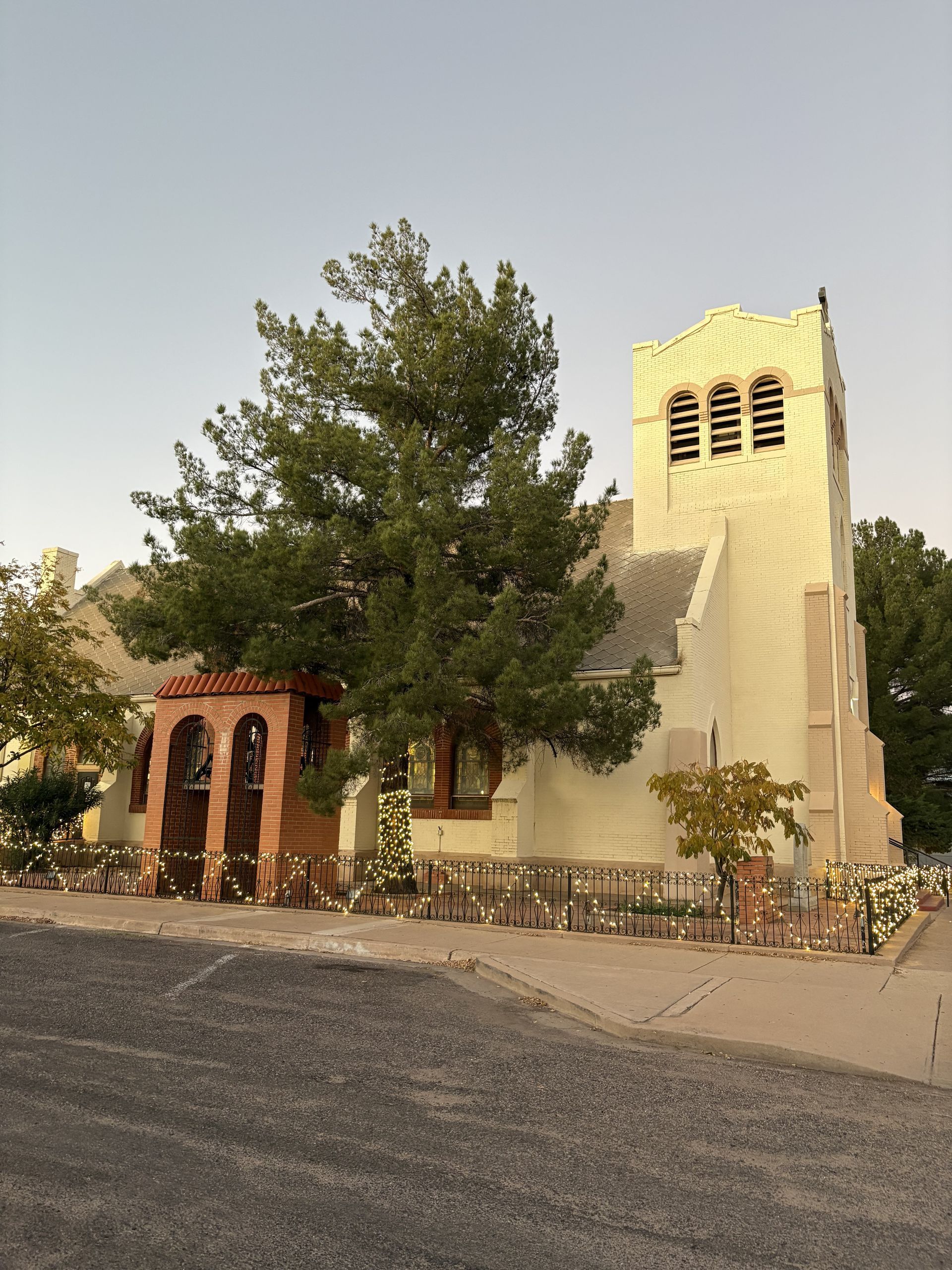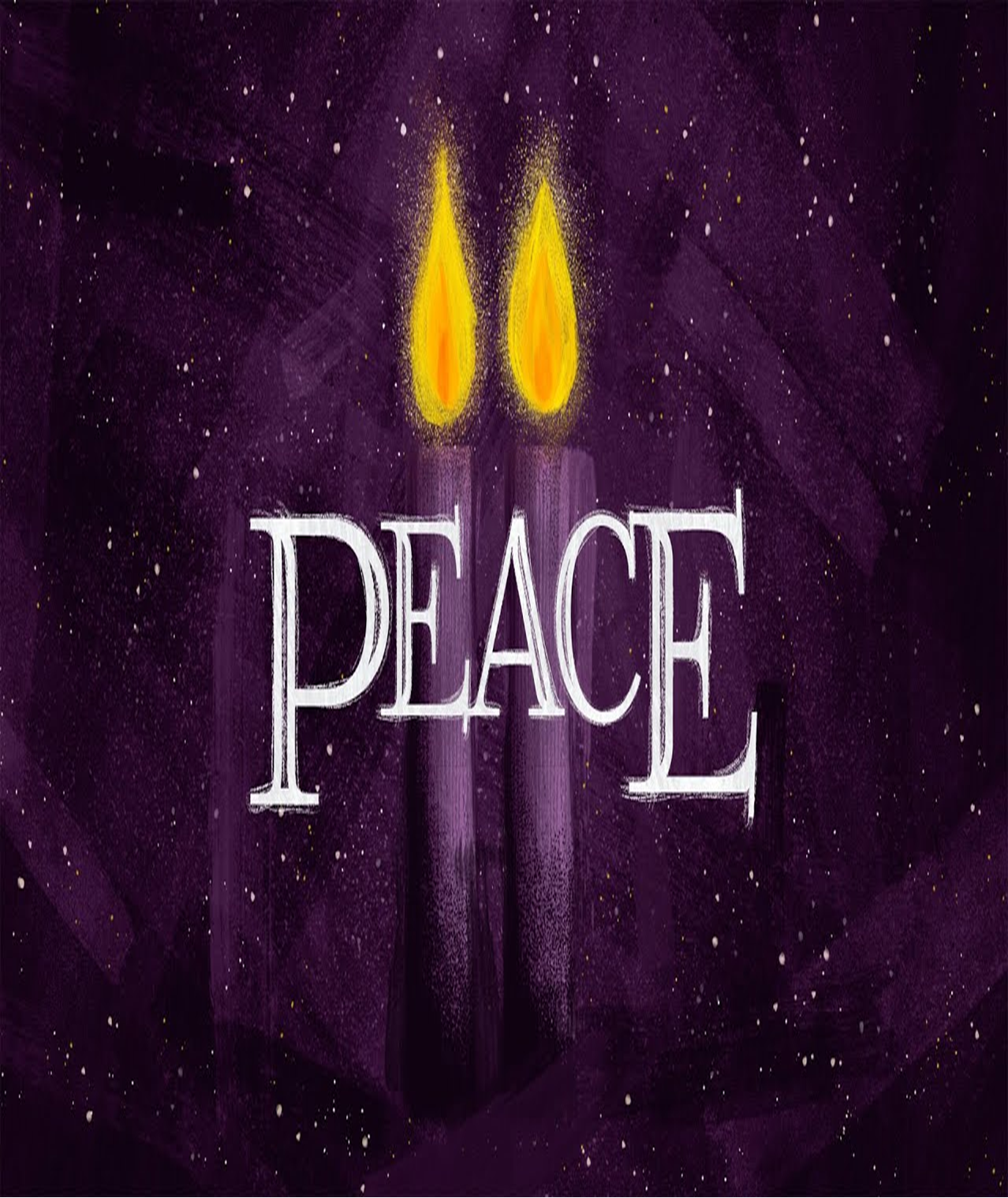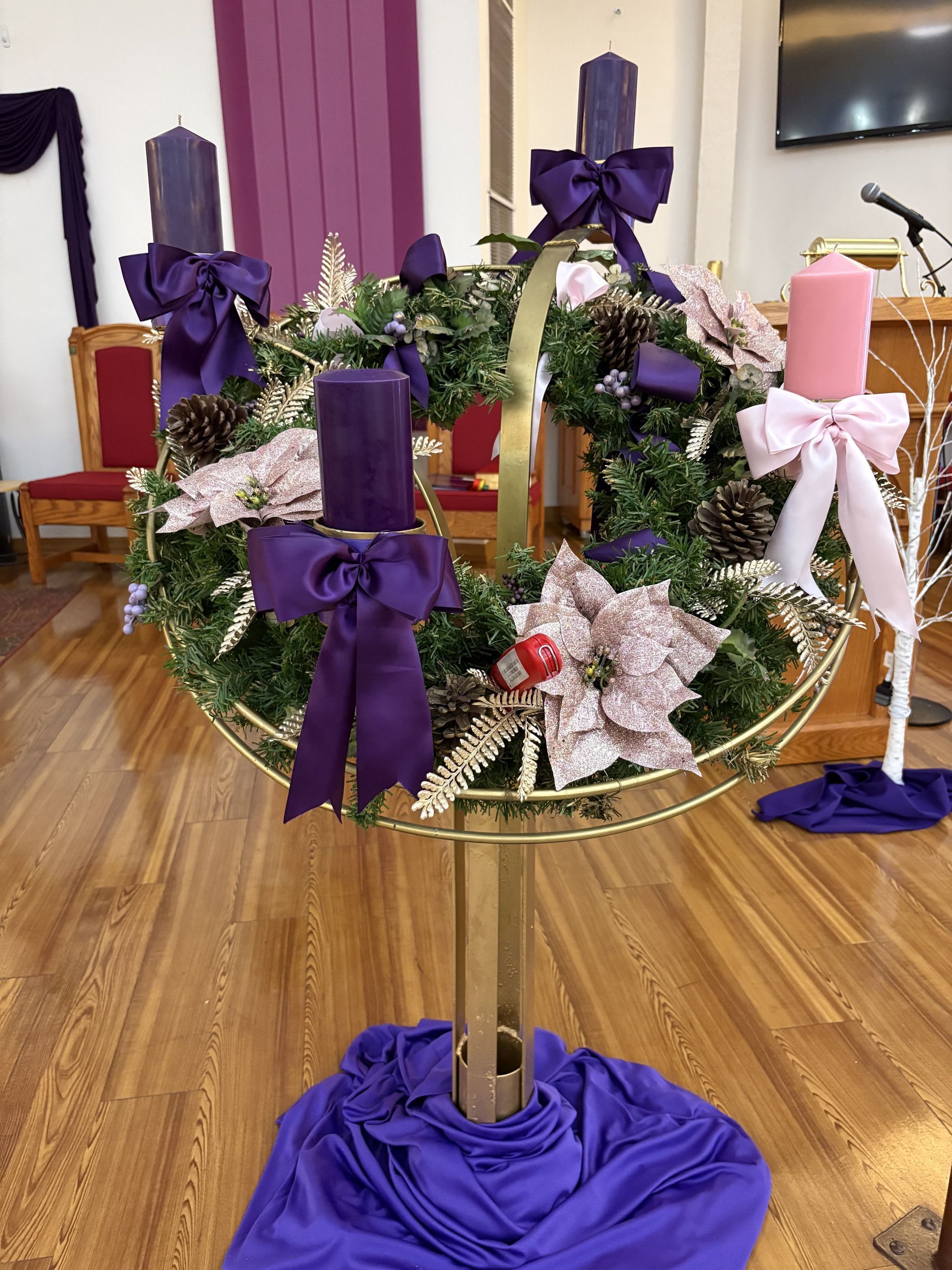In America or possibly elsewhere, sports, politics, religion and money/finance, too are the major areas of conversation people are prepared to die. Normally, to be a fan or super fan or just a bandwagon depends on one's residency, roots, and school attended. Politics, on another hand, is a little different as affiliation is deeply rooted in social and political principles a person holds mostly based on his/her experience as well as domicile. When it comes to religion, baptism makes us members of Christ's body, the church, broadly speaking and parish in a narrow sense. Fidelity flows from being baptized into Christ. Ideally, once you get baptized in his name, nothing else should matter but him and our mission. Other than that, everything else is essentially footnote and subordinated the moment we encounter the persona and teachings of Jesus. But it doesn't always work that way. For whatever reason, we don’t view religion exactly the way our ancestors in faith did as evidenced by the sacred writings and the witnesses of the saints. Not many of us live out our baptismal calling which is profoundly alarming. By way of comparison, more often, we are more involved and loyal in sports and politics than in our religious commitment. Etymologically, religion comes from the Latin word, religare which means to bind together. Ligament which holds together our bones and muscles was taken from the same root word. It obviously tells us faith and religion must also bind and hold together our religious, secular and worldly lives. For many, Sunday Eucharist, described as the source and summit of Christian life, by far, the highest form of worship is at the bottom of the to-do list. What was once non-negotiable has become optional. Nowadays, we are ready to die for our sports team and political party than for Christ and his church. We are more dedicated and passionate about others than our identities as Catholics.
The Feast of the Baptism of the Lord is a special time to contemplate on Jesus' baptism for sanctifying the waters of the Jordan. This interesting and yet mysterious verse “After Jesus was baptized, he came up from the water and behold, the heavens were opened for him, and he saw the Spirit of God descending like a dove and coming upon him (Mt 3:16)” opens wide the relation between heaven and earth establishing open communication between both worlds leading to our salvation. And a voice came from the heavens, saying, “This is my beloved Son, with whom I am well pleased (Mt. 3: 17)”. The Father greatly delights in his son who later in his life and ministry will be sacrificed to the Lord in atonement for our sins in behalf of humanity. The prophet Isaiah mentions the similar phrase, “Behold my servant with whom I am well pleased (Isa 42:1)” referring to one of the songs of the suffering servant, “my chosen one upon whom I have put my spirit; he shall bring forth justice to the nations, not crying out, not shouting, not making his voice heard in the street (Isa 42:2-4)”.
While the feast of the Baptism of the Lord is his humble immersion into our world except sin, it is also an intimate moment to recall and renew our baptismal promises. Baptism is the beginning of the Christian life. The Sacrament of Baptism is often called “The Door of the Church,” as it is the first of the seven sacraments not only in time but in priority, since the reception of the other sacraments depends on it. Baptism is an entry into divine life. Once baptized, a person becomes a member of the Church. It is the start of a new way of life.
The ritual begins with the presider’s warm words of welcome to the gathered assembly and asks the name of the baptismal candidate. If it’s an adult, the celebrant directly addresses the elect, what is your name? In the case of infants where the parents stand for them, the question about the new identity sounds slightly different, what name do you give your child? Then, the community warmly welcomes the soon to be baptized with great joy by the sign of the cross led by the presider. The signing of the cross on the forehead of the child is the first concrete participation of everyone present in the religious life of the child. The celebrant says, “in its name, I claim you for Christ our savior” which means that the catechumen belongs to Christ. God is claiming us back. It is an initiation into the mystery of love. Obedience is not so much about obeying rules and submission carried out externally but listening intently to the Lord. Part of the rite is listening to the word, the catechetical homily (the word proclaimed) and the litany of saints, an intercessory prayer that expresses our communion with the saints and heavenly realities. The ritual also anoints us with the oil (olive oil) of gladness which makes us priests, prophets and kings (our threefold role/function) patterned after the example of Christ. We are Christ’s athletes whenever the power of darkness strikes us. We are God’s anointed.
In baptism, we make a choice (although as infants, our parents did it for us), a decision that alters our lives forever. It is a moment of choice that all will go well as intended ready for the journey of a lifetime whatever it takes. One of the most powerful part of the ritual is the renunciation of sin and the profession of faith. The rejection of the power of sin and the dominance of evil is letting Satan know that we are completely giving up our membership; that we are totally out of his company; and that we are never coming back. We are making an absolute statement/commitment about faith even though we don’t know everything about it. God will take care of us. Following the Baptism, the first Christians, in their worship of Christ, turned around (completely) and faced east to symbolize a new loyalty, to the Lord Jesus Christ. This is why we, (the gathered assembly) during Mass, are facing the liturgical east, a gesture that is historically and theologically traced back to baptism. In so doing, this practice has a solid impact in one’s life. There are things we can’t do and places we don’t go. We’re bound to him for life. We’re tied for all eternity. More often, this is not how we see our faith these days. Our sense of commitment overlaps and usually, faith takes a lot of beating.
At a celebration of adult baptism, a story is told about a woman who when asked whether she reject sin and Satan, replied in a loud voice in front of everyone present, yeah! Yes, I hate him Father! Her response is a little off but very inspiring in a world where the glamour and the seduction of evil is irresistible and so much alive. Where wickedness, doing evil, immorality and the like is more fun, attractive and entertaining than doing good, her scandalous words are immensely striking. In the Middle Ages, Satan was often described as the greatest showman of all time all because of his empty promises. He had done nothing but ruined people’s lives. And yet, the devil (our fashionable enemy) is more popular than the prophets. These are words that came from those who found themselves at the end of the road. The only reason they’re dominant is because we’re hiding in plain sight. We’re nowhere to be found. We’re afraid of Satan. We surrendered long before the battle began. Whenever there’s chaos in society, we should count on the saints. Baptism must be seen as a real death to sin. It is the destruction of our former (sinful) lives and the rebirth into Christ’s life. It’s both death dealing and a life-giving encounter. Water is a dominant image of Baptism. It is worth noting that Arizona came from the word, alisonak, Native American (O’odham) in origin which denotes “small spring”. Tucson (the local diocese where we belong) too, came from cukson, Native American (O’odham), literally, a spring at the base of the black hill (modern-day ‘A’ Mountain). After several failed attempts I was informed by a seasoned parishioner that Agua Prieta means dark water. The fact that our state, our local diocese of Tucson and the neighboring border town AP have been named after a body of water, more or less, speaks volumes of the value of water most importantly, in the desert and its importance as baptismal symbol of cleansing and purification. In Baptism, we take the plunge.
The feast of the Baptism of the Lord brings to a close the Christmas season and the Monday following begins the Ordinary Time. This celebration sets the tone for the ministry and mission of Jesus and our humble participation in him, the beloved Son of God this year cycle A according to the gospel of Matthew. Welcome Aboard!
I invite you to ponder on the following questions:
- Do you know the day of your Baptism?
- Do you know the church of your Baptism?
- Do you know who baptized you?
- What is your baptismal (Christian) name?
- How often do you renew your baptismal promises?



